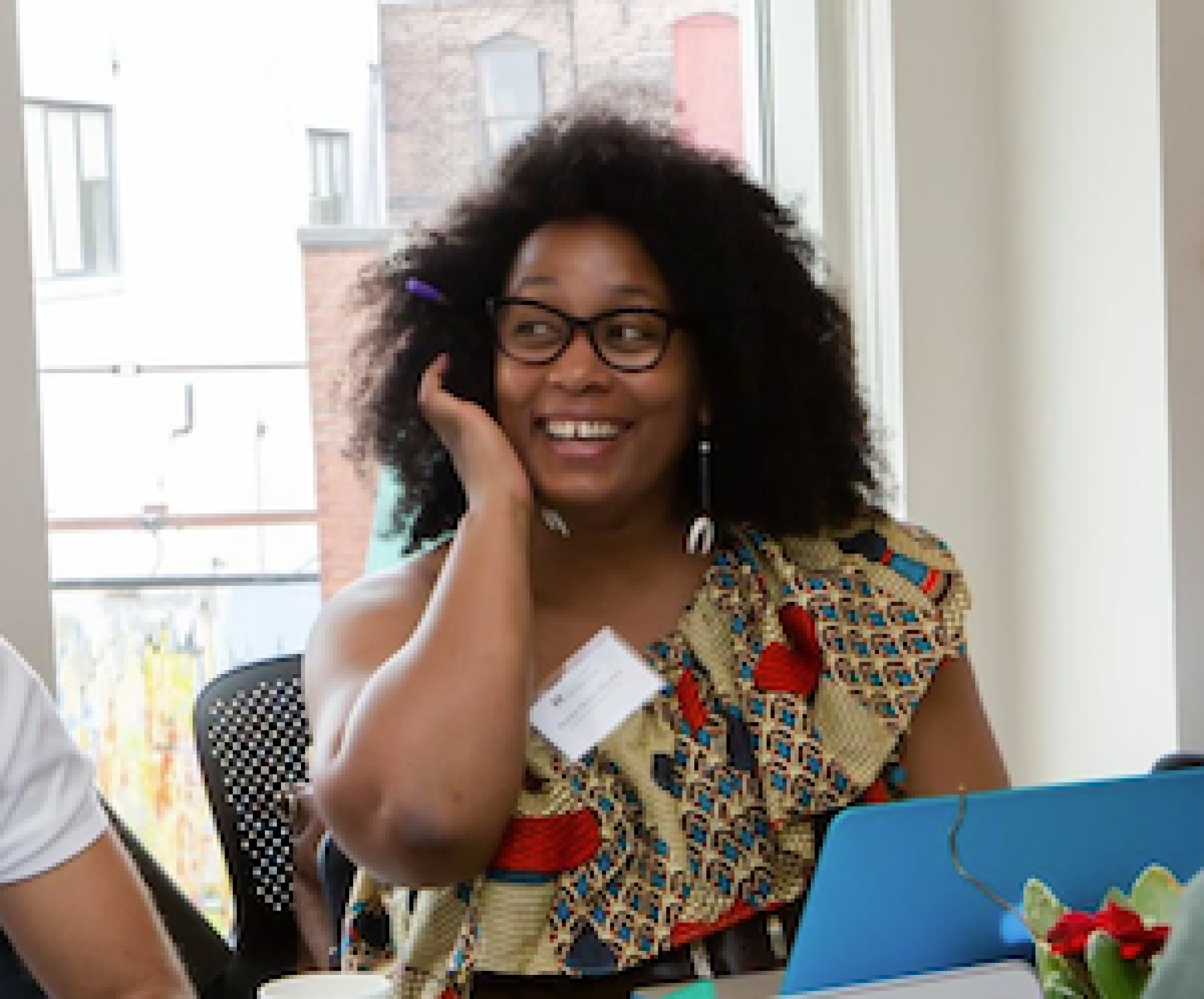Karo Moret-Miranda is an Afro-Cuban historian, early research scholar, and lecturer specializing in African studies and African diaspora studies, focusing on issues of race, art, religion, and gender. She is also interested in the influence and borrowings from African and Afro-Caribbean culture on Western thought and culture, and vice versa. Karo now works on the change brought about by the slave trade and slavery in the accommodation of Gender and Religions in the Caribbean and Africa from an interdisciplinary perspective. Her academic path has been forged, grappling with the challenges of being an undocumented immigrant and a woman of color.
The second half of the 19th century in the Caribbean was marked by intense turmoil and unpredictability for the once powerful but rapidly declining Spanish Empire. Following the loss of much of mainland Latin America, Spain faced increasingly precarious control over its remaining colonies, including Cuba and the Philippines. These territories quickly became hotbeds of political unrest, fueled by fervent independence movements that not only challenged Spanish rule but also served as rallying points for resistance throughout the empire. As the century drew to a close, the United States began to show great interest in these territories, which eventually led to its intervention and the subsequent decline of Spanish influence. In response, the Spanish Empire intensified its practice of relocating prisoners, deportees, and exiles from the empire's periphery to its center, as well as across its other peripheries. This strategy increased the flow of prisoners throughout the Caribbean, Africa, and the Asia-Pacific region.
This seminar will critically examine the Spanish Empire's reasons for transferring and impressing people beyond Cuba, sending them to far-flung places like Equatorial Guinea in Africa and the Carolinas, Philippines, Marianas, and Guam in the Asia-Pacific region. Furthermore, the seminar will examine the equivalence of exile sentences for people with very different roles, from supporters of independence to practitioners of traditional African religions. Was this policy simply a strategy to disrupt networks of cooperation and support for independence movements, or were there more complex and possible motives at play?
The ANU Philippines Institute Research Seminar Series is a recurring seminar series that showcases the work of scholars working on political, social and cultural issues in the Philippines and the wider region, with the goal of encouraging greater exchange, collaboration and networking amongst the research community.
If you require accessibility accommodations or a visitor Personal Emergency Evacuation Plan please contact the event organisers.
About the Speaker

Dr Karo Moret-Miranda
Sign up to the ANU Philippines Institute mailing list.
